United Nation members visit Archer
Photo credit: Anika Bhavnani
From left to right, Nigol Vanian, Julia Vanian and Corrinne Vinian pose for a photo. The family has been involved with the United Nations.
Have you ever seen your parents and thought, “I hope to be like them some day?” That’s exactly what Julia Vanian thought growing up watching her parents, Corrine Vanian and Nigol Vinian, work for the United Nations.
On Feb. 16, this family of three came to Archer for a Q&A with the Model United Nations club and other members of the Archer community. Senior Marine Yamada, president of MUN, connected with them through fellow club member Isabella Silvers ’20, who is related to the three.
The United Nations mission is to maintain international peace and security. Corinne Vanian is the Director of Conference Management, Nigol Vanian is a retired member of the Office of the High Commissioner of Human Rights and Julia Vanian recently finished an internship in Environmental Law.
Both Corinne and Nigol have worked for the UN since they graduated college.
When Corinne was ten years old, she lived in Egypt and her father was a diplomat. During this time, there was a war, and the UN helped cease-fire and brought peacekeepers — that was her first encounter with the UN and what made her interested in one day working for them.
Corinne works with conference management, while Nigol ended up as the head of human resources for the High Commission for Human Rights. Their daughter, Julia, interned for the UN for four months and worked for the development program. She is personally interested in climate change, so she helped to fight it.
Both Corinne and Nigol noted that a typical day for them involves sitting at a computer for the whole day and going to meeting after meeting. Part of their jobs involves talking to groups or universities, being in interviews and moderating press conferences.
However, they never know what can come their way — there are always emergencies.
“You can get a phone call from anywhere in the world that may say ‘we need help,'” Nigol said.
“It is safe to say that it is true, there isn’t a typical day,” Corinne echoed. “Things unfold quickly and change over time.”
Being part of the UN comes with many challenges. One major challenge, the group said, is that a lot of people do not understand the UN.
“The UN is just an organization where all the countries in the world come together and make decisions, or they don’t,” Corinne said. “The UN can not do more than the countries who are in it.”
Nigol said that it is hard dealing with opening and closing offices.
However, Julia felt a different challenge: “I am a very opinionated person, so what I found difficult was the necessity to keep things not critical of particular governments and administrations. I had to be really careful in what I posted and what I shared.”
Her mom spoke to trying to be unbiased while working in the UN.
“You have a duty to be impartial,” she said. ” We essentially work for all the governments of the world, so you can’t criticize individual governments.”
Despite her impartiality, Julia does have a personal opinion on what she thinks is the most important issue.
“Climate change. I think that the reason for this is that it is an issue that’s been largely caused by industrialized countries. It affects women more than men, disabled people, poor countries and marginalized countries. It is something the UN needs to work on,” she said. “It is an issue related to immigration; within the next 30 to 40 years [many] people will be displaced due to climate change. This is one of the most urgent and pressing issues.”
At the end of the panel, Corinne made it clear that as a society, people need to remain hopeful — anyone can make change and it is the final result that will make one feel proud and continue to push them forward.
She noted that there was a point in which there was a barrage of bad news coming to the UN. There were a lot of negative things being written about the world and the UN, but she had to remember that so much of their work is positive.
“So many good things are happening, and the UN is pushing to make good things happen,” she said. “The good things don’t make the headlines, but there are so many.”
According to Julia, the best thing about working in the UN are the amazing things that come out of it.
“That feeling of hard work being worth it will stay with me,” she said. “You can complain, but at the end of the day you can see these amazing things coming out of it.”
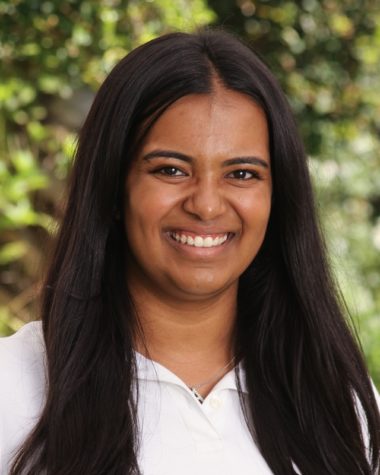
Anika Bhavnani became a member of the Oracle staff in 2015. She was promoted to co-Voices editor in 2016 and was promoted to editor-in-chief for the 2016-2017...



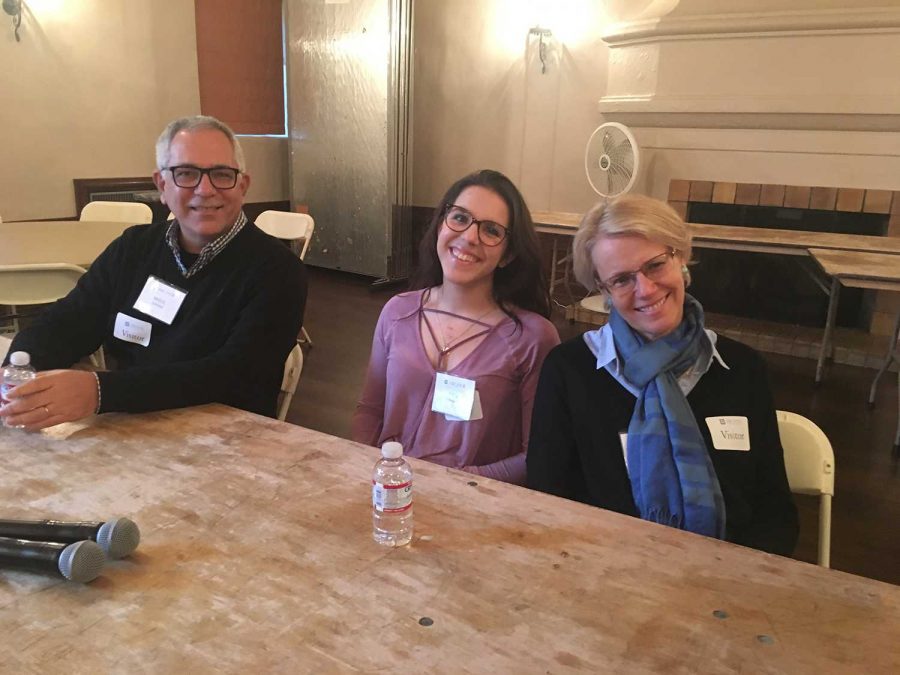

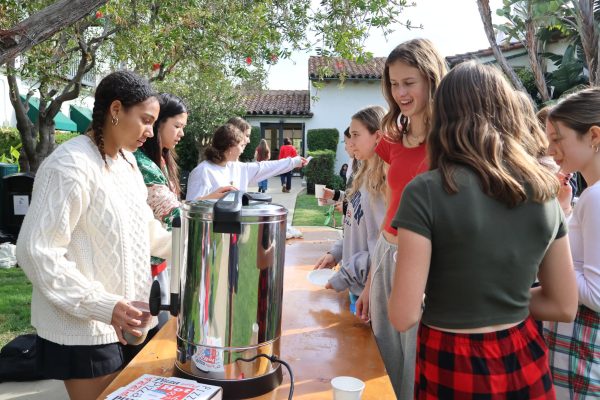
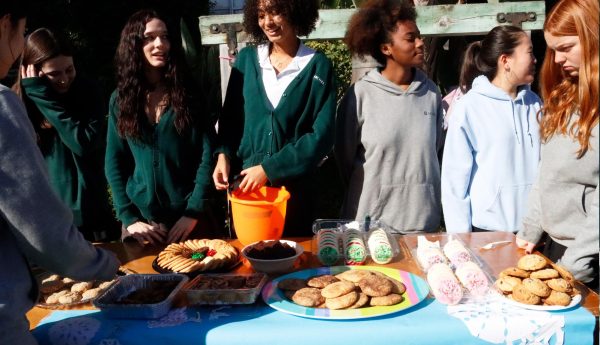
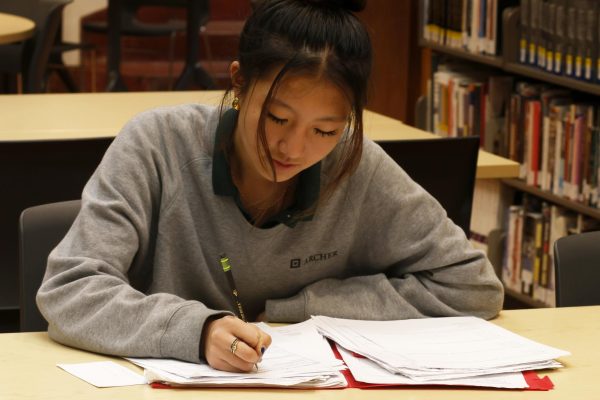
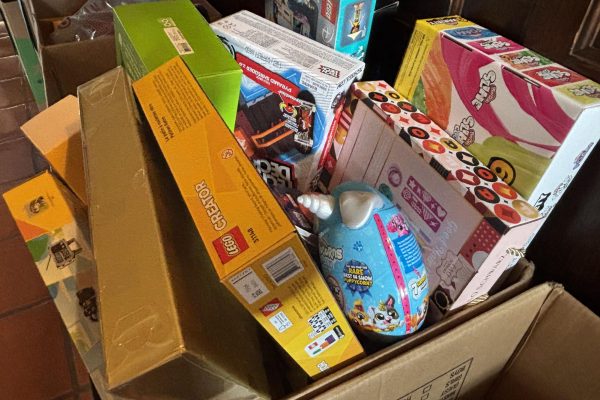
Helen Beyene • Dec 5, 2020 at 10:01 pm
Congratulations! Great job. I really enjoyed a glimpse into your interview. Worked with Nigol Vanian at the UN. My best to Corrinne and your daughter Julia. Your pics are great & brought back fondest memories of our UN work together. Wanted to surprise you. From our family to yours Regards & all the best.
Isabella • Feb 28, 2017 at 12:31 pm
Thank you so much for writing this article! I showed it to them and they loved it!!
Marine Yamada • Feb 25, 2017 at 4:08 pm
A very nice overview of our panel 🙂 Thank you for writing such a great article for our club! Awesome job.